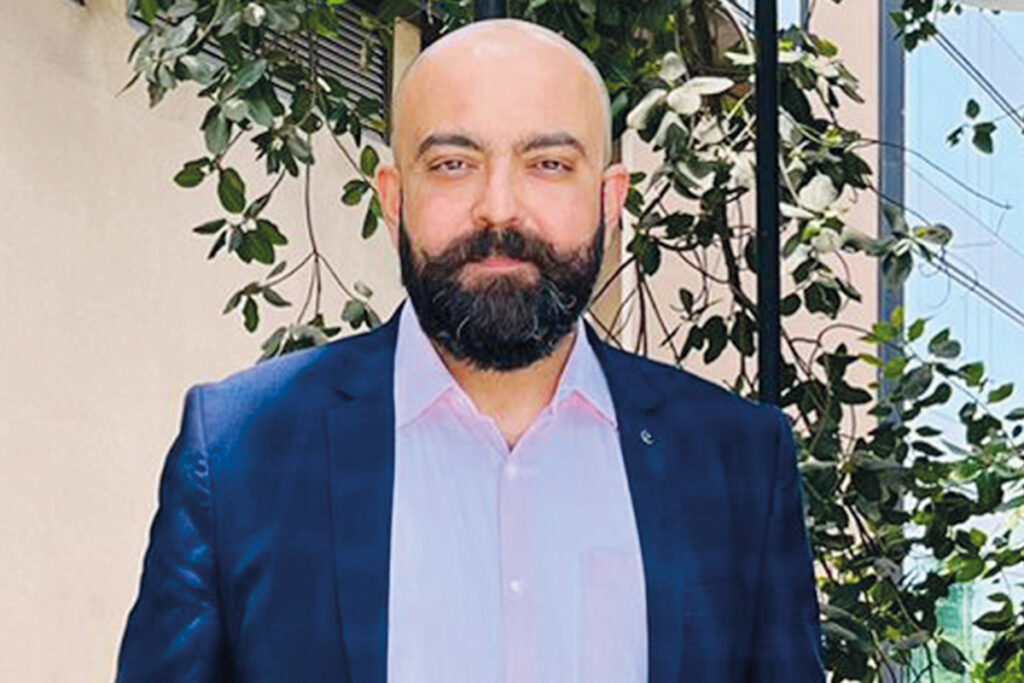We are in an era today wherein Mergers and Acquisitions, industry consolidation, inorganic growth, and cross-market joint ventures are a way of life and is a new normal. It’s much more than it was ever before. It used to happen earlier too, but in the last few years, it has gained tremendous momentum. An employee joins an organisation owned by a specific group of shareholders of one country, and in a few months’ time the shareholders of the organisation changes to one of a different origin and country. In certain cases, even the brand name of the organisation changes.
We are also witnessing the culture of serial entrepreneurs who are building businesses to sell and then move on to the next one. More importantly, there are no geographical borders for all these changes and transactions that are happening. Promoters are increasing revenues even as they are incurring losses to gain more consumers and enable a better valuation for when they eventually sell the organisation. All of this is happening in the marketplace today much more than ever before. Clearly, the algorithms of doing business and making profits are shifting paradigms.
In such a changing world, the way we manage Human Resources has to be significantly different from the way we have been managing it thus far. It is because of two reasons; the business demands a different approach, and the employee mindset (especially that of millennials) are no longer the same. With organisational philosophies being built to change, let’s reflect on some of the tenets of HR that need an overhaul to match the business requirements and context.
Hire for Agility and Ability to Deal with Ambiguity
It’s not about long list of competencies you hire for. These are not cast in stone anymore as the changes are much more rapid. Thus, organisations need to hire and develop talent to demonstrate agility in learning the ropes and thus having the ability to change as the context demands. Another important competency organisations should hire for is the ability to deal with ambiguity as changes are more rapid in nature. A high ability to deal with ambiguity will enable to deal with the unknown better and manage disruptions more effectively.
Compensate for Quick Wins and load it exponentially for Bigger Wins
Compensation structures, in a built-to-change environment, with less job security and high future ambiguity, needs to ensure that performers are continually compensated for quick wins and exponentially for larger wins. If not done so, performers would move away to an organisation in which there is more permanence of jobs, less risk, and less ambiguity.
Organisation Effectiveness and Development key themes for HR teams
A continuous focus on organisational effectiveness and organisational development has to be driven by the HR teams to enable the organisation to handle all kinds of changes and disruptions in the marketplace effectively. Cost Vs Value, Spans and Layers, cultural implications, planning mechanisms, and productivity mechanisms need to be constantly tracked and made even better all the time to remain competitive in the marketplace.
An Open, Transparent and Candid culture
It’s important to cut hierarchy and bureaucracy in an organisation that is built to change and promote a candid culture. This will enable the organisation to be fast paced in driving change and constantly being in touch with the customer requirements that are key to growth. Often, customer connect and market understanding gets compromised in a closed culture, and in a disruptive environment there is a heavy penalty for reading the market late.
Curate a Network of Talent both Internally and Externally
Talent will work for roles and assignments and may not be ever after as it used to be. In a built to change scenario, it is important for organisations to have an understanding of the talent pool available both internally and externally, continually curate the talent communities around it and are quickly able to tap into the resources whenever there are talent requirements for the business be it internally or externally. In a changing world with lot of options for employees as well in the marketplace, it’s important that organisations curate network both internally and externally and not just internally through lengthy succession plans as it has been traditionally.

Biswaroop Mukherjee is the Head HR – Commercial Vehicle Business Unit at Tata Motors. He is an internationally experienced HR Leader, with a demonstrated ability to deliver results and lead multicultural teams, across emerging markets in Asia, Middle East, the ASEAN region, Russia, Europe, and Africa in both Commercial and Manufacturing set ups. Distinctive competency and experience in managing high impact roles in HR that includes business partnership, organisation design, talent strategy, rewards management, executive coaching, and building high performing teams. He has set up operations and entities in various geographies globally.


